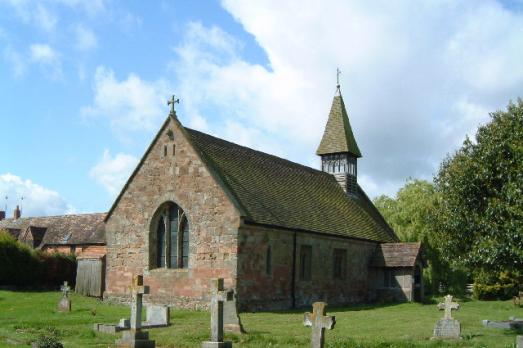
St Michael & All Angels
Martin Hussingtree, Worcestershire | WR3 8TQ
This tranquil church in a tiny village is the burial place of the 17th century composer Thomas Tomkyns, musician to King Charles I.
Search for a fascinating place to visit, or see the variety of churches, chapels and meeting houses we have supported.

Martin Hussingtree, Worcestershire | WR3 8TQ
This tranquil church in a tiny village is the burial place of the 17th century composer Thomas Tomkyns, musician to King Charles I.
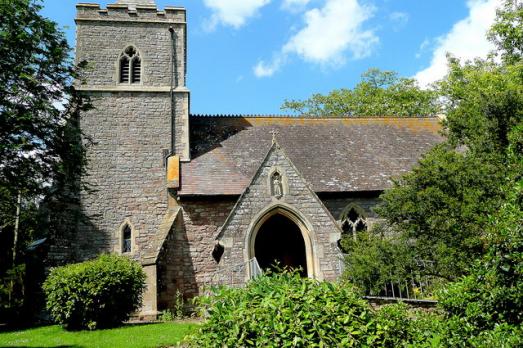
Felton, Herefordshire | HR1 3PH
Small but perfectly formed country church with recently installed three stop organ, Carillion keyboard for the bells and a tradition of Shakespeare plays refracted in stained glass.
We have supported this church
Alton, Staffordshire | ST10 4AJ
Poised dramatically on the edge of the Churnet Valley, this complex of fine buildings by AWN Pugin was designed to place the Catholic Church at the heart of the village community.
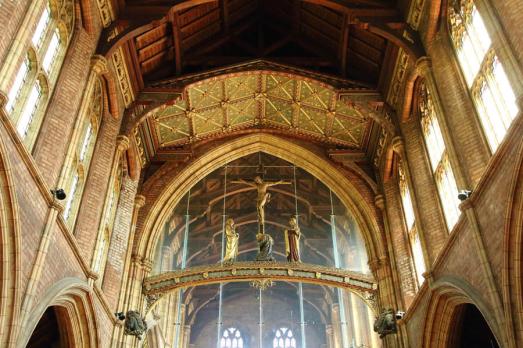
Small Heath, West Midlands | B10 0PR
Consecrated in 1896 and affectionately known as the 'cathedral of the backstreets'.
We have supported this church
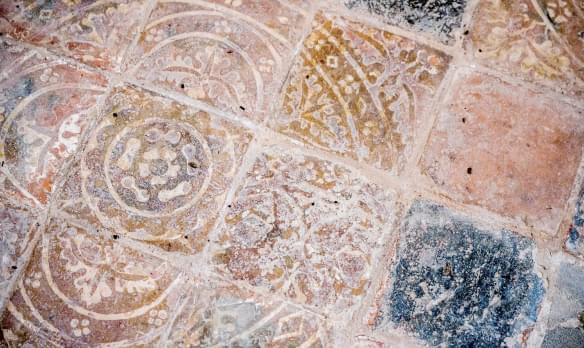
Kings Heath, West Midlands | B13 0DL
Welcome to All Saints, Kings Heath, your parish church in the Diocese of Birmingham!
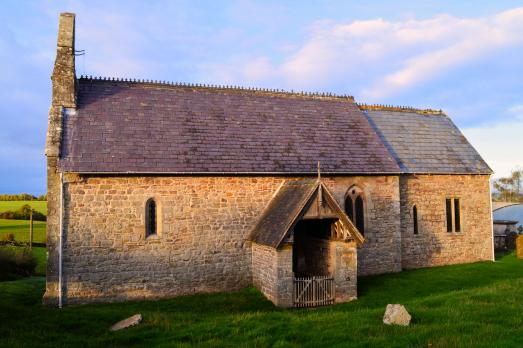
Wormsley, Herefordshire | HR4 8LY
A tiny church with ancient origins.
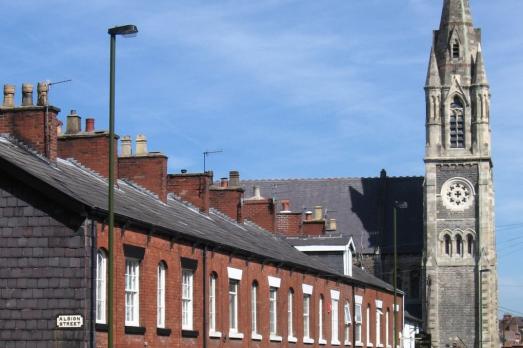
Leek, Staffordshire | ST13 5NH
An impressive late 19th century church based on the architecture of the 13th century.
We have supported this church
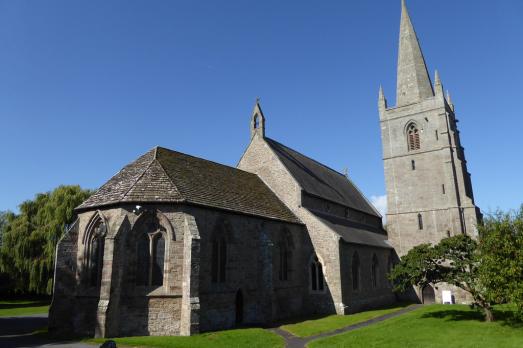
Marden, Herefordshire | HR1 3EN
St Mary the Virgin, Marden is in a peaceful location on the east bank of the River Lugg and surrounded by farmland.
We have supported this church

Barbourne, Worcestershire | WR3 7HS
St Stephen's is home to a friendly church known for its warmth and hospitality, offering an open and inclusive approach to all and welcome parishioners, both new and old.
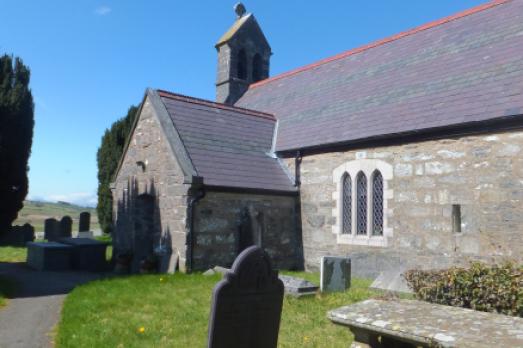
Cerrigydrudion, Denbighshire | LL21 9SP
On the southern edge of the timeless Mynydd Hiraethog landscape, this historic church has served the parishioners of Cerrigydrudion for at least 700 years.
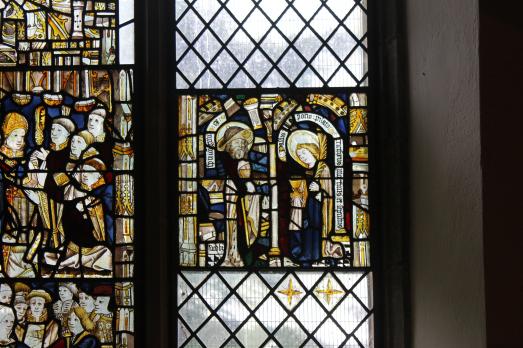
Llandyrnog, Denbighshire | LL16 4LT
Sit, reflect and pray as you watch the light filtering through the stunning medieval stained glass, dappling the interior of the church with an atmosphere you'll find it hard to forget.
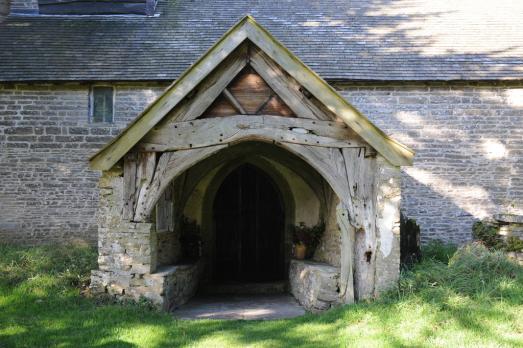
Colva, Powys | HR5 3RA
Colva's church stand more or less alone, peeping south through its bower of yew trees high up in the Radnorshire hills.